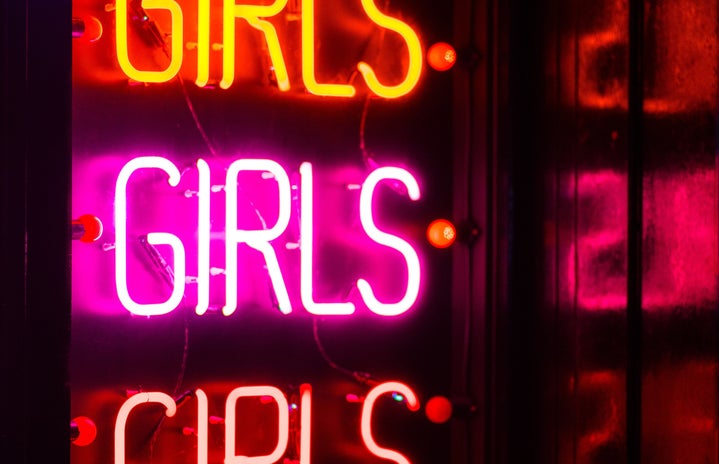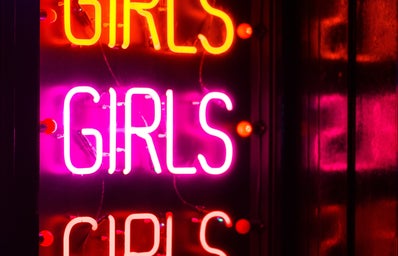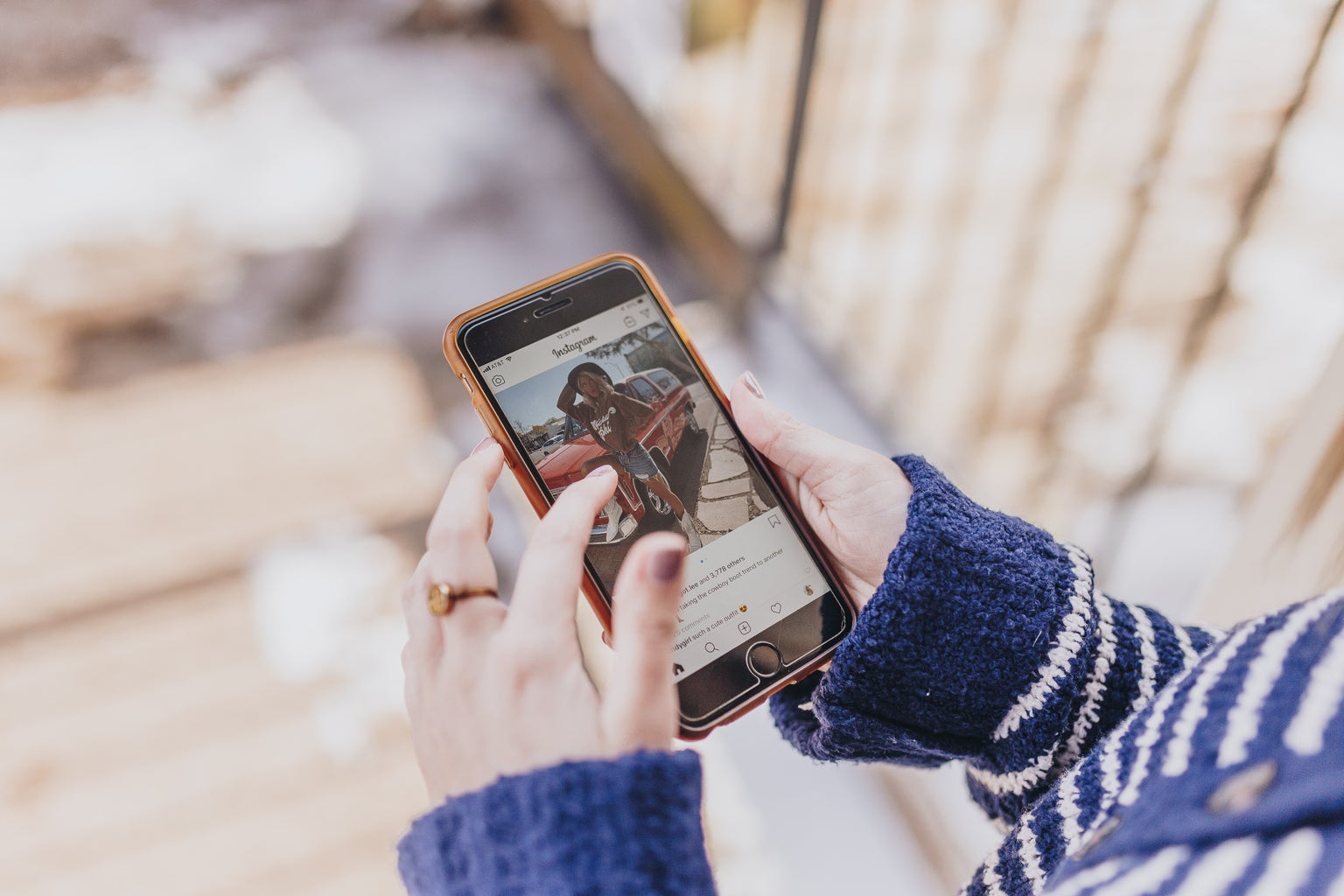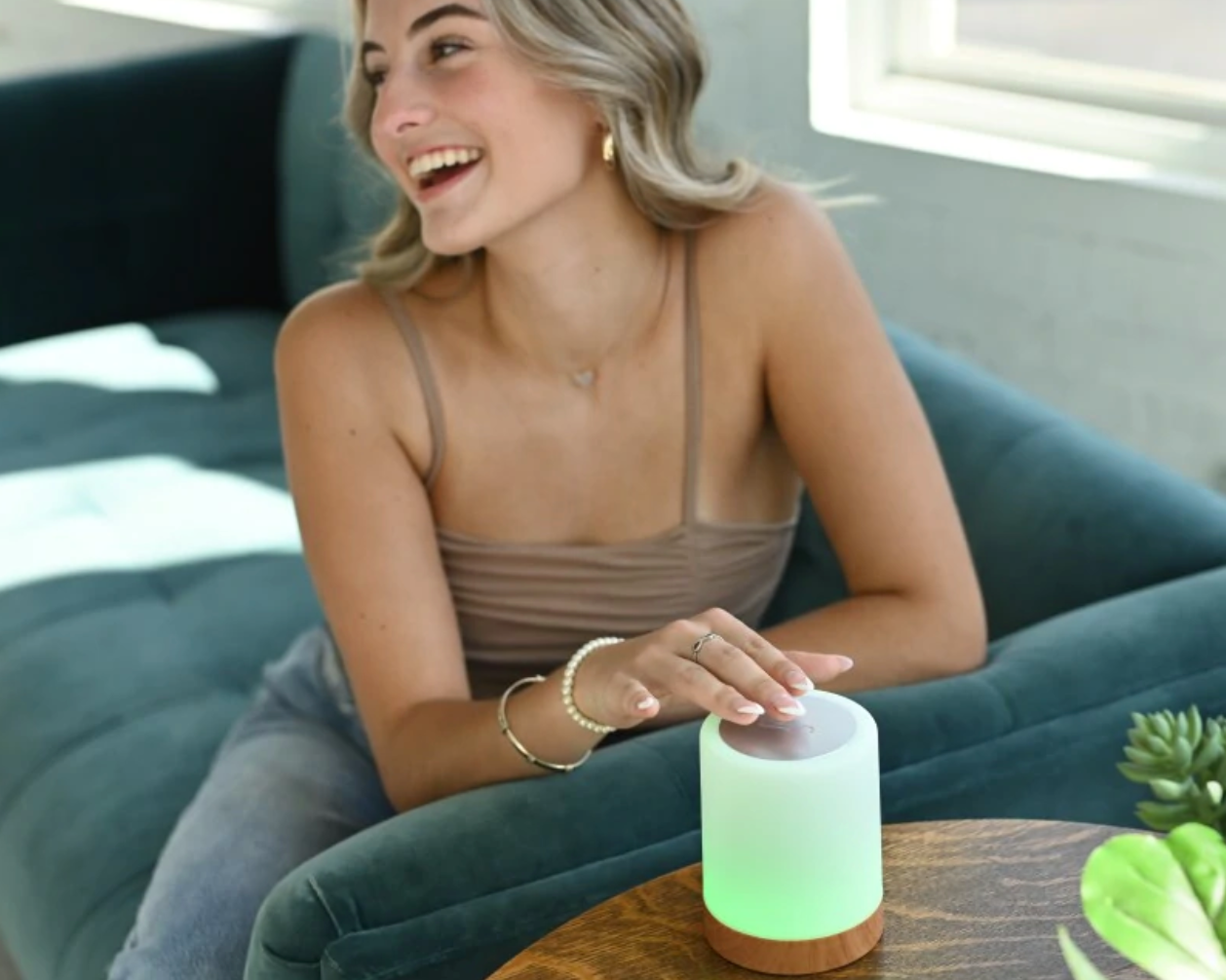Have you noticed that in the last few years, pre-teen girls seem to be maturing much faster than you did when you were their age? Well, you’re not the only one to notice that. A new trend has emerged lately where women compare the way they used to look as young teenagers or as preteens to the way girls those ages look now. This is less about the way that these young teenagers and pre-teens actually look, but rather how they present themselves. They present themselves in a way that makes them seem much older than they actually are. But why are pre-teens and young teenagers presenting themselves in different ways that make them seem so much different than generations prior? The answer is social media.
Social media gives the opportunity for young girls to completely mirror the older girls that they see on social media. Especially on the app TikTok, which feels almost interpersonal with the way people post glimpses into their lives which indicate how these young girls should be acting and looking in their day-to-day lives. TikTok online shopping hauls, makeup tutorials, and high fashion trend forecast, all influence these young girls to adopt a style of women who are much older than them. However, it is not taken into account by these young girls that these glimpses into the picture-perfect day in the life of a content creator are heavily curated to look flawless.
There was already pressure for young women to look a certain way in society, but social media adds to that already existing pressure. In a study, it was found that feelings of depression, lower self-esteem, appearance anxiety, and body dissatisfaction are all linked to Instagram usage. The pressure on these young girls to look perfect instead of enjoying their youth and adolescence is changing pre-teen culture and girlhood as we know it for generations to come.
I’m not wagging my finger at these young girls for acting “older.” This is the culture that we live in now. When I was a pre-teen, Instagram was just starting out and affected my mental health in ways, but my young teenage life was not as nearly dependent on social media as the current generation of teens is. However, there are ways to help the younger generation of women navigate social media in a healthier way. A study found that social media literacy intervention can help reduce the risk of eating disorders in young girls. Preteen culture and girlhood may be changing in the digital age, but it doesn’t have to be all bad.
Can’t get enough of HC UMass Amherst? Be sure to follow us on Instagram, listen to us on Spotify, like us on Facebook, and read our latest Tweets!




